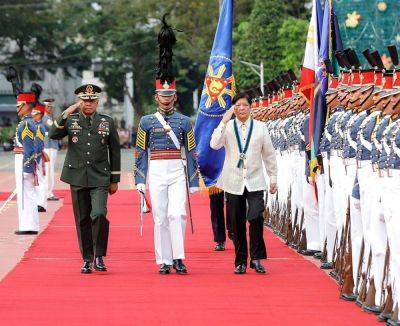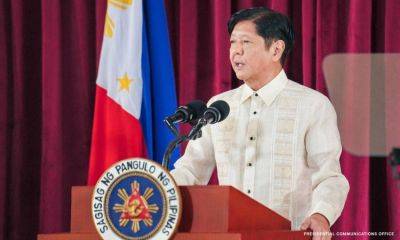Is TikTok really used for cyber spying?
TikTok went global in 2018. At once, security experts suspected it of being a Chinese cyber-espionage tool. Reasons against the micro-vlogging and e-commerce platform:
• It collects, uses and discloses users’ personal information. Substantial data are gathered without permission from other apps in the device. It draws sensitive data even when users don’t save or share content.
• TikTok developer ByteDance and founder Zhang Yiming are Chinese. In 2017 the China Communist Party enacted a National Intelligence Law. It compels Chinese companies and citizens to support domestic and overseas espionage and keep secret their participation.
Due to TikTok’s cyber-sabotage potential, several governments banned it from their devices. Foremost were China’s security disputants America, Canada, Britain, European Union, Australia, New Zealand and Japan. India forbade TikTok even in private mobiles and tablets.
ByteDance protested, citing company changes. It had opened to foreign shareholders. CEO Zhang had acquired US citizenship and emigrated to California’s Silicon Valley.
Its engineers were cooperating with concerned states to resolve security and privacy issues.
China’s foes were unconvinced. ByteDance and most overseas employees remain Chinese, all subject to CCP’s intelligence apparatus.
Tiktok’s overseas servers interconnect with those in China. Backdoors may exist surreptitiously to access unauthorized data, and malware planted to subvert.
The Philippines disagreed with security allies then. President Rodrigo Duterte professed love for Chinese President Xi Jinping. He allowed a new telco to set up cell sites inside military camps – a potential eavesdropping risk.
TikTok became a sensation not only among civilian government employees. Uniformed, intelligence and foreign affairs personnel also installed it in state-issued gadgets. Short videos were entertaining.
The National Security Agency now wants to prohibit TikTok from official devices due to disinformation capability. Reuters reports that Filipinos are among the top ten nationals who imbibe news mostly from TikTok.
NSA notices pro-China news and views – as China escalates aggression in the West Philippine Sea.







